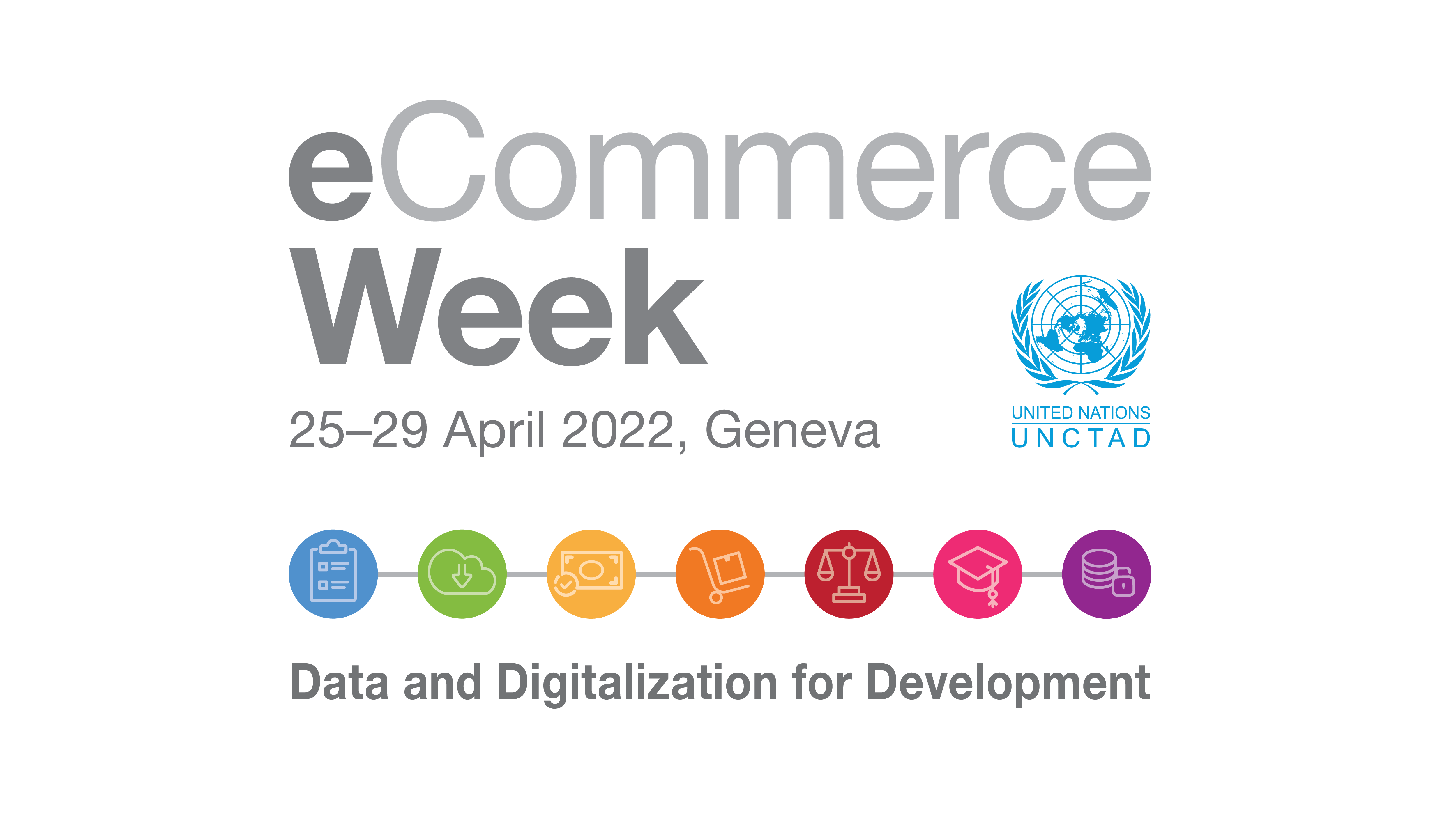Measuring international data flows
27 Apr 2022 15:00h - 16:00h
Event report
The session established the consequential nature of cross-border data flows and the increasing urgency for meaningful measurements of the economic values of data. While three experts took varying approaches to conceptualise the link between data and economic growth, all recognised the developmental gaps are yet to be closed.
Mr Alexandre Fernandes Barbosa (Senior Manager, Cetic.br|NIC.br) said that the relevance of concept, indicator definitions, and approach establishment to gauge invaluable yet intangible data assets and data-driven economy emerges especially given the vast amount of business opportunities and economic growth spurred by digital technologies. Barbosa highlighted that meaningful measurements would give a better understanding of the global dynamics and conduct evidence-based policymaking.
Why and how do data flows matter, and what are their features?
Mr Daniel Ker (Economist-Statistician, UNCTAD) drew from the key findings in the Digital Economy Report 2021 and demonstrated the multidimensionality of data. Economically, data has private values to companies as it aids targeted online advertising, personalised online platform experiences, etc. It also carries social values in helping tackle climate change, health issues, and more. In the non-economic dimensions, data generates concerns around privacy, security, and other human rights. Data in itself contains close to no value; however, when aggregated, data provides invaluable insights and knowledge that would unlock economic growth and human capacity development in unprecedented ways.
The reason why data flows matter can be seen in two ways:(a) Ker modified the analogy of ‘data as oil’. Unlike oil, data does not run out and is constantly being generated, leading to a potentially unlimited amount.(b) Interregional international bandwidth has increased across the globe, yet it is geographically concentrated in two routes: North America and Europe, and North America and China. This means that the data-driven digital economy is evolving rapidly amidst huge global divides in digital readiness. Therefore, data measurement has become paramount.
All three speakers discussed various ways of measuring data flow and linking it to economic values. Ker examined trade in products delivered through data flows and market valuation of digital platforms, who are the biggest generators of data. Mr Daniel Vertesy (Economist, ITU) stated that the challenges associated with using international bandwidth data as a measure include the unknown traffic, intra-country level origin or destination of said traffic, and data gaps created as some countries do not publish used statistics. Ms Wendy Li (Executive Director, Moon Economics Institute) offered another way to measure data flow and connected it to its economic value by focusing on a few big tech companies (big seven). In her 2022 paper, Li claimed that the economic value of data is not different from what investment companies make in organisational capital, which is information one could find in public income statements. Through calculations, Li estimated the global value of data was US$3 trillion in 2020.
Although varying in their measurement of data flows, each speaker touched on the subject of the unequal data relations.
Ker stressed the pressing need for developing countries to be able to capture their share of the value of the data extracted from their citizens and organisations. He further underscored how the biggest tech companies, mostly residing in North America, Europe, and China, are gaining control over all stages of the global data value chain.
Ker urged the need to increase others’ rights to access, manage, and utilise data. Li shared the same concern. She estimated that the uncapped market capitalisation of the big seven would eventually lead to a decrease in the economic value of data. She commented on the uneven distribution of such economic values that might inform global data policymaking, such as on the threshold of data localisation policy and tax.
Vertesy spoke of the international connectivity gaps and the costs for not closing them. He especially highlighted the fast growth in Asian countries and the stifled progress in low-developed countries (LDCs).
By Yung-Hsuan Wu
Related topics
Related event

